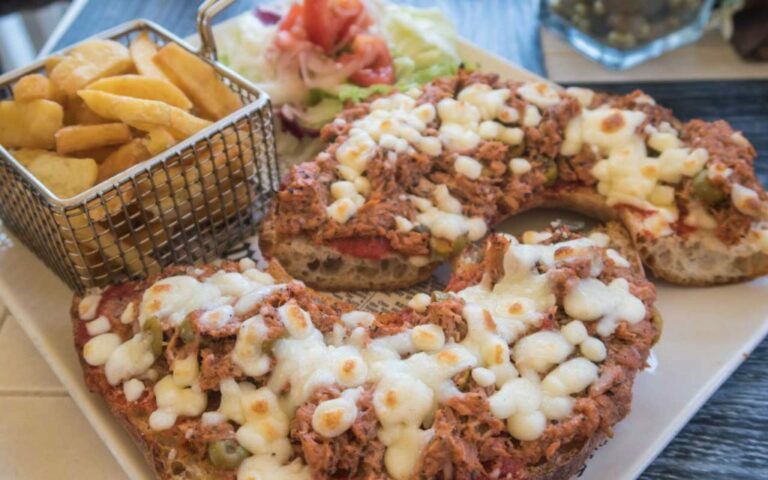Introduction: Maltese Cuisine
Maltese cuisine is a blend of flavors and influences from various civilizations that have occupied the island over the centuries. The cuisine is characterized by the use of fresh, seasonal ingredients, including fish, meat, vegetables, and fruits. Maltese cuisine is also known for its hearty stews, pasta dishes, and sweet desserts.
History and Cultural Traditions
Malta’s history is rich and diverse, and this is reflected in its cuisine. The island has been occupied by various civilizations, including the Phoenicians, Romans, Arabs, and Knights of St John, all of whom have left their mark on the island’s food culture. Maltese cuisine also reflects the island’s geography, with its close proximity to North Africa and Italy.
Influences from Different Civilizations
The influence of the Arab and North African cultures is evident in the use of spices and herbs in Maltese cuisine. The use of saffron, cinnamon, and cumin in stews and couscous dishes is an example of this. The Sicilian influence is also seen in the use of pasta in Maltese cuisine, with dishes such as timpana, which is similar to a Sicilian baked pasta dish.
Ingredients and Flavors
Maltese cuisine is known for its use of locally sourced, fresh ingredients. The island’s Mediterranean climate provides an abundance of fresh vegetables, fruits, and seafood. Rabbit is a popular meat in Maltese cuisine and is often served in a stew with garlic and wine. Seafood is also widely enjoyed, with dishes such as octopus stew and lampuki pie being popular.
Traditional Dishes and Special Occasions
Maltese cuisine is deeply rooted in tradition and is an important part of the island’s culture. Some of the most popular traditional dishes include fenkata (rabbit stew), bragioli (beef olives), and stuffat tal-fenek (rabbit stew with potatoes and peas). Maltese cuisine is also an important part of special occasions, such as Easter and Christmas, with dishes such as figolli (sweet almond pastry) and qaghaq tal-għasel (honey rings) being enjoyed.
Maltese Cuisine in the Modern World
Maltese cuisine has evolved over the years, with new flavors and ingredients being introduced. The island’s chefs are experimenting with new techniques and ingredients, while still maintaining the traditional flavors of Maltese cuisine. Maltese cuisine is also gaining recognition on the international stage, with Maltese restaurants and chefs being featured in international culinary events and competitions.

